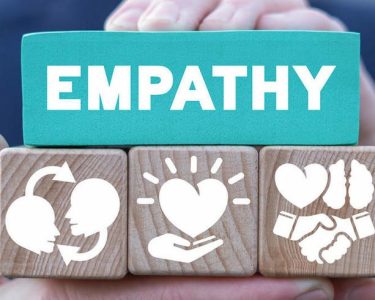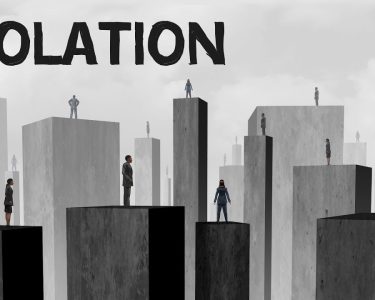Introduction:
In a rapidly changing world, intergenerational relationships play a crucial role in fostering a thriving community. These connections between different age groups bring numerous benefits, including knowledge sharing, social cohesion, and personal growth. This article explores the importance of intergenerational relationships and highlights the positive impact they have on individuals and communities as a whole.
1. Wisdom and Experience:
One of the key advantages of intergenerational relationships is the exchange of wisdom and experience. Older generations possess a wealth of knowledge accumulated over their lifetime, which can be passed down to younger individuals. This transfer of wisdom helps younger generations navigate life’s challenges, make informed decisions, and learn from the mistakes and successes of those who came before them. By tapping into the experiences of older adults, younger individuals can gain valuable insights and perspectives that contribute to their personal growth and development.
2. Bridging the Generation Gap:
Intergenerational relationships bridge the gap between different age groups, fostering understanding, empathy, and respect. By interacting with people from different generations, individuals gain a broader perspective on life and develop a deeper appreciation for diverse experiences and viewpoints. This understanding helps break down stereotypes and promotes a more inclusive and harmonious community. Through shared activities, conversations, and mutual support, intergenerational relationships create a sense of belonging and unity among community members.
3. Mutual Support and Companionship:
Intergenerational relationships provide mutual support and companionship, benefiting both older and younger individuals. Older adults often experience social isolation and loneliness, which can have detrimental effects on their mental and physical well-being. By engaging with younger generations, they find companionship, purpose, and a renewed sense of vitality. Similarly, younger individuals benefit from the guidance, mentorship, and emotional support provided by older adults. These relationships create a support network that enhances the overall well-being of the community.
4. Learning and Innovation:
Intergenerational relationships foster a culture of continuous learning and innovation. Older adults can share their expertise and skills with younger generations, contributing to their education and professional development. Conversely, younger individuals bring fresh perspectives, technological proficiency, and innovative ideas that can benefit older adults. By combining the wisdom of experience with the energy of youth, intergenerational relationships create an environment conducive to lifelong learning and progress.
Conclusion:
Intergenerational relationships are vital for building a thriving community. They promote the exchange of wisdom, bridge the generation gap, provide mutual support, and foster a culture of learning and innovation. By nurturing these connections, communities can harness the collective strengths of different age groups, leading to a more inclusive, resilient, and prosperous society. It is essential for individuals, organizations, and policymakers to recognize and support the importance of intergenerational relationships in creating a better future for all.




